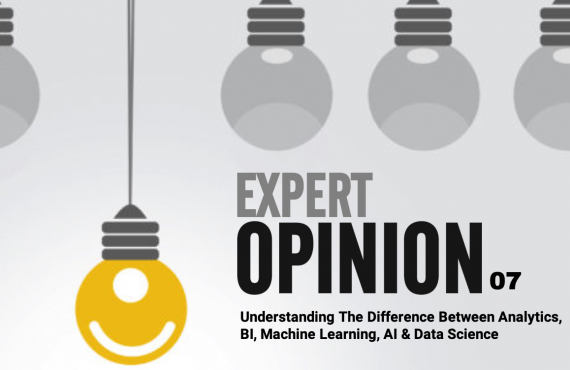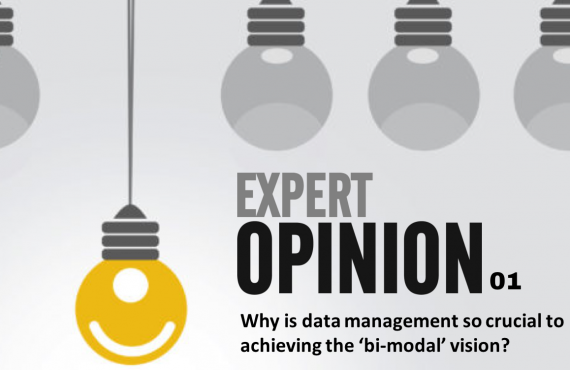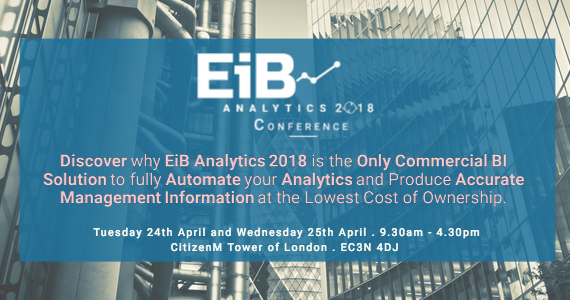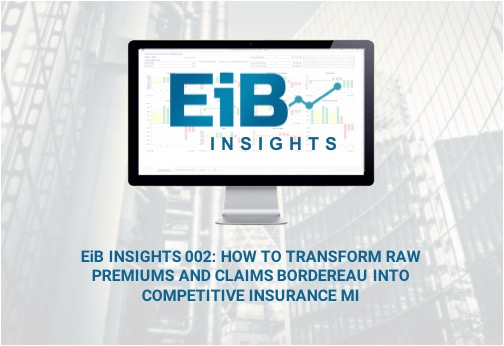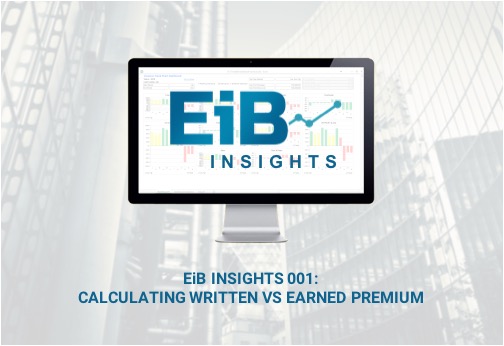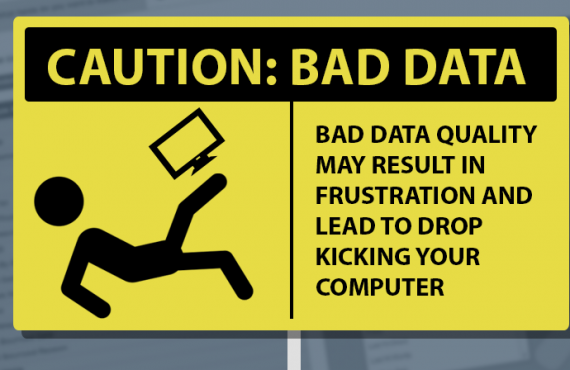Analytics are fast becoming the life-blood of organisations. Most notably within enterprises who have already embraced the digitalisation of their industries, recognising that data is now the new oil, and knowledge is now the new international currency.
In fact, you’d be hard pushed nowadays to find a business operating in the black, who do not appreciate or understand the full value of analytics, and recognise the direct impact they can have on both empowering better decision-making and improving business processes.
However, the transition from analytics merely being a facilitator to becoming the fundamental way of doing business, requires a lot more than just the simple adoption of a few tools or the production of a suite of monthly visualisation reports.
As Megan Anzelc, Chief Analytics Officer at Axis Capital, rightly highlighted in a recent article on Intelligent Insurer: “The goal of any data-related project should be to solve a specific problem and deliver a quantifiably useful benefit.”
The stark reality is that most organisations who have invested in their analytics, have yet to really grasp how to integrate these capabilities into their operations and strategies, in order to establish such formidable advantages.
Indeed, a 2016 report commissioned by McKinsey Global Institute, found that the biggest barriers companies are facing in extracting value from data and analytics are organisational. The first such challenge is that businesses are struggling to incorporate data-driven insights into day-to-day business processes. Organisations often find themselves in a position where the required analytic skills are at their disposal, the appropriate data to solve a business issue is also available, as is the technology, but there is no defined process to help them to join the dots together.
The second barrier surrounds attracting, retaining and configuring the right talent — not only ‘data scientists’ but ‘business translators’ who combine their data acumen with industry and functional expertise.
With the evidence clearly showing that the key to success isn’t just having one stakeholder responsible for leveraging the full potential of analytics, instead organisations need to recognise that multiple stakeholders with differing expertise and experience need to be involved in the process, from start to finish.
But despite much of the rhetoric validating this notion, many companies still only focus on employing one person/dependant who ‘understands’ data within their existing role, wrongly presuming their presence alone will enable a complete analytics transformation across the company. What many of these same companies fail to realise, is the equally integral role of a ‘business translator’, who serves as the link between the technically astute ‘data scientist’ and the practical application of the analyses to business logic. Of course, a business translator also needs to be data savvy, but more importantly they need to possess deep organisational knowledge and industry or functional expertise. This allows them to ask the data science team the right questions and to derive the right insights from their findings, and create a process for such insights to be applied in practice.
With that in mind, one approach which I am increasingly seeing from numerous organisations committed to increasing their analytics capacity from within, is the establishment of an Analytics Centre of Excellence (COE). In some instances a COE could just be an individual, but ideally it is a collective of individuals, with a specific remit of promoting the use of analytics within their organisation to achieve core business objectives.
So what does an Analytics Centre of Excellence look like in practice?
Essentially the COE is a forum for keeping abreast of developments in both I.T. and analytics, identifying and analysing issues that impact on the effective use of data and analytics, and the sharing of ideas, tools, skills, learnings and solutions. This forum should be created with a permanent team, with all members sourced from within your organisation, with everyone being designated well defined roles and responsibilities. A common mistake some companies make is to assemble a temporary group to deliver the function of their COE, only calling upon them on an ad-hoc basis to address specific analytical requirements – such an approach automatically negates the very basis of the forum’s function, which should be proactively spearheading the company’s analytics strategy, rather than being reactive to its needs.
If you were to outline the fundamental roles of an analytics COE, they would need to include:
- developing and evolving the analytic infrastructure of their company
- promoting collaboration and analytic best practices
- driving growth, cost reduction, and profitability
- gradually changing the culture of the company; fostering a learning culture through analytics, which encourages iteration and condones permission to fail.
To quote Professor Paul J.H. Schoemaker, ― “Experience is inevitable. Learning is not.”
Needless to say, establishing a functioning COE is not something that can be achieved overnight. But too often than not I have seen C-Suites approving colossal budgets for the investment of fancy analytical tools, without even adopting a strategic approach to discovering where data analytics solutions could yield most business benefit, and determining who and how they will leverage the full potential of such a tool, before signing-off on such projects.
Surely it makes sense to invest in an enterprise strategy to coordinate and align the multi-faceted aspects of your organisation’s contrasting environments, rather than simply relying on technology to ‘do the job’. Establishing an Analytics Centre of Excellence as the conduit for such a strategy should be the first step you take on your analytics journey, that is if you’re serious about achieving the maximum value from your investment.
Excel in Business have worked with over 600 companies, across an array of verticals, to determine what their fundamental needs are from an analytical solution which delivers ROI through applying business logic to the technology.
Working in close partnership with all of our clients, we pride ourselves on supporting businesses with how to start, where to start, and how to change their internal culture to one that understands the value of analytics, such that analytics becomes integral to the decisions that matter most to you and your business.




